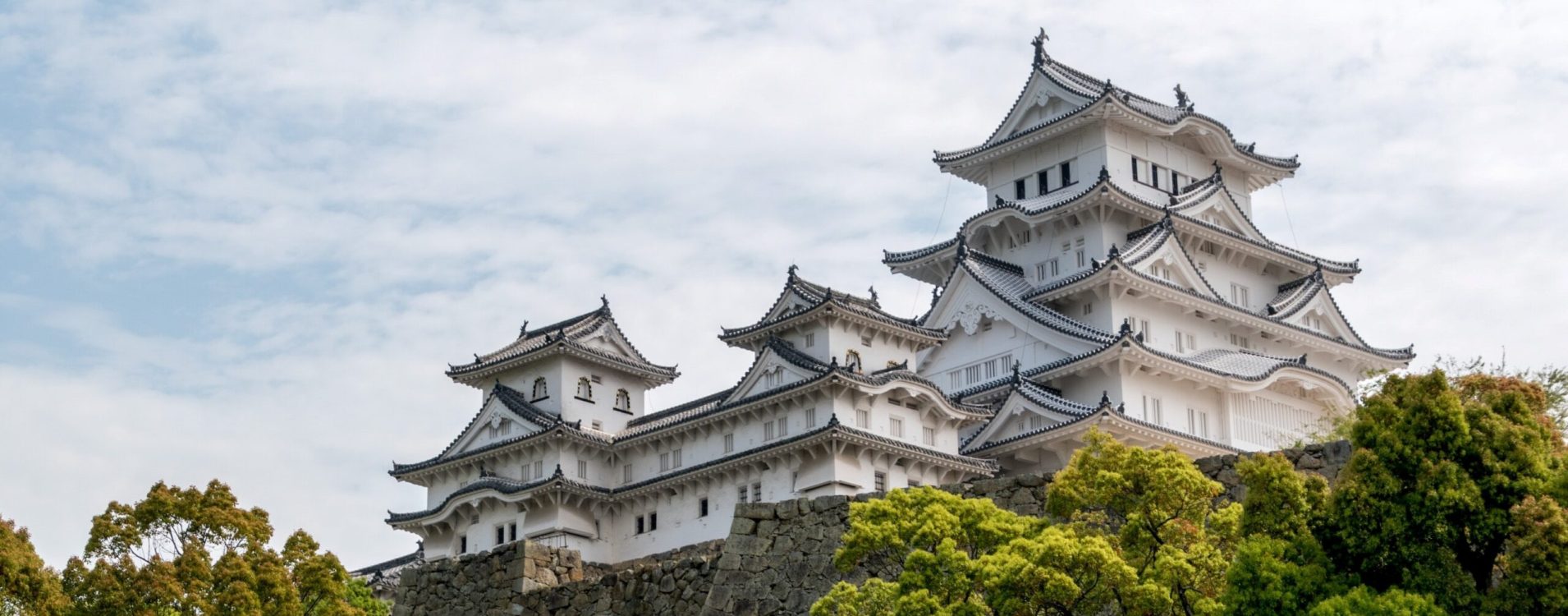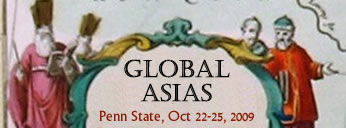In Os Lusiadas, the 16th century Portuguese national epic, Luiz Camões’s poetic hero, Vasco da Gama, dreams up a meeting with two old men who foretell the Portuguese imperial destiny in India. Personifications of the rivers Ganges and Indus, the spent senility of South Asia serves only to highlight the youthful confidence of Portugal, conqueror of the oceans. Likewise, in his lectures on the ‘Philosophy of World History’, given at the Humboldt University between 1822 and 1831, Hegel compared the stagnant civilization of China with the dynamism of European culture: moral conformity and social uniformity on one side, the individualism and critical reflection on the other. Such were the commonplaces in western confidence, formulated in centuries of European expansion and colonialism, which postulated a dichotomous essence between West and East, Europe and Asia, new and old.
With the end of western imperialism, this image of a monolithic Asia, fabricated in the West, has fractured into fragments that have yet to yield a more accurate and comprehensive picture of the Asian past. Civilizations in Asia may be ancient, but they were not enfeebled; and the massive size of the continent represents an immense diversity of cultures, economies and peoples, rather than the uniform and sluggish spirit manifested, for example, in Karl Marx’s description of “an Asiatic mode of production.” Above all, economic, cultural, and political currents connected the different regions of Asia long before the arrival of European mariners, and will continue to shape the future of the continent.
Our conference, therefore, aims to highlight both the cultural exchanges between different regions within Asia and between Asia and the world. Are there factors and themes common to Asian societies that are reflected in the spread of Buddhism and Islam? Can we think of similarities in the imperial traditions of East and South Asia, and whether the same road was taken by these societies in the painful transformation from empires to nations ? How did Japan, China, Southeast Asia, and the Mughal Empire accommodate the new European powers? How did Pan-Asian ideas develop at the height of western imperialism, and how were they abused by the rising Japanese empire? And what might be, if any, the common future of Asia in the global world?

